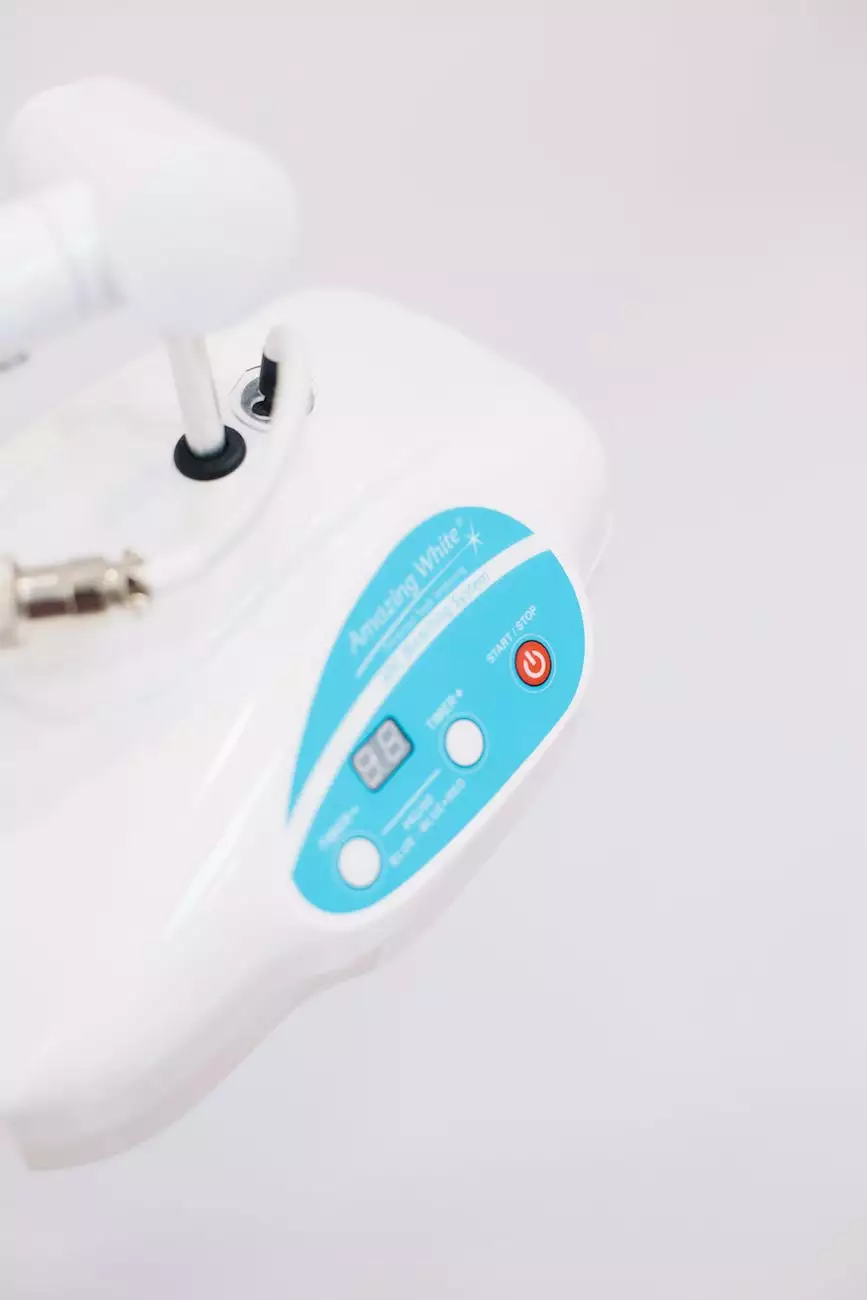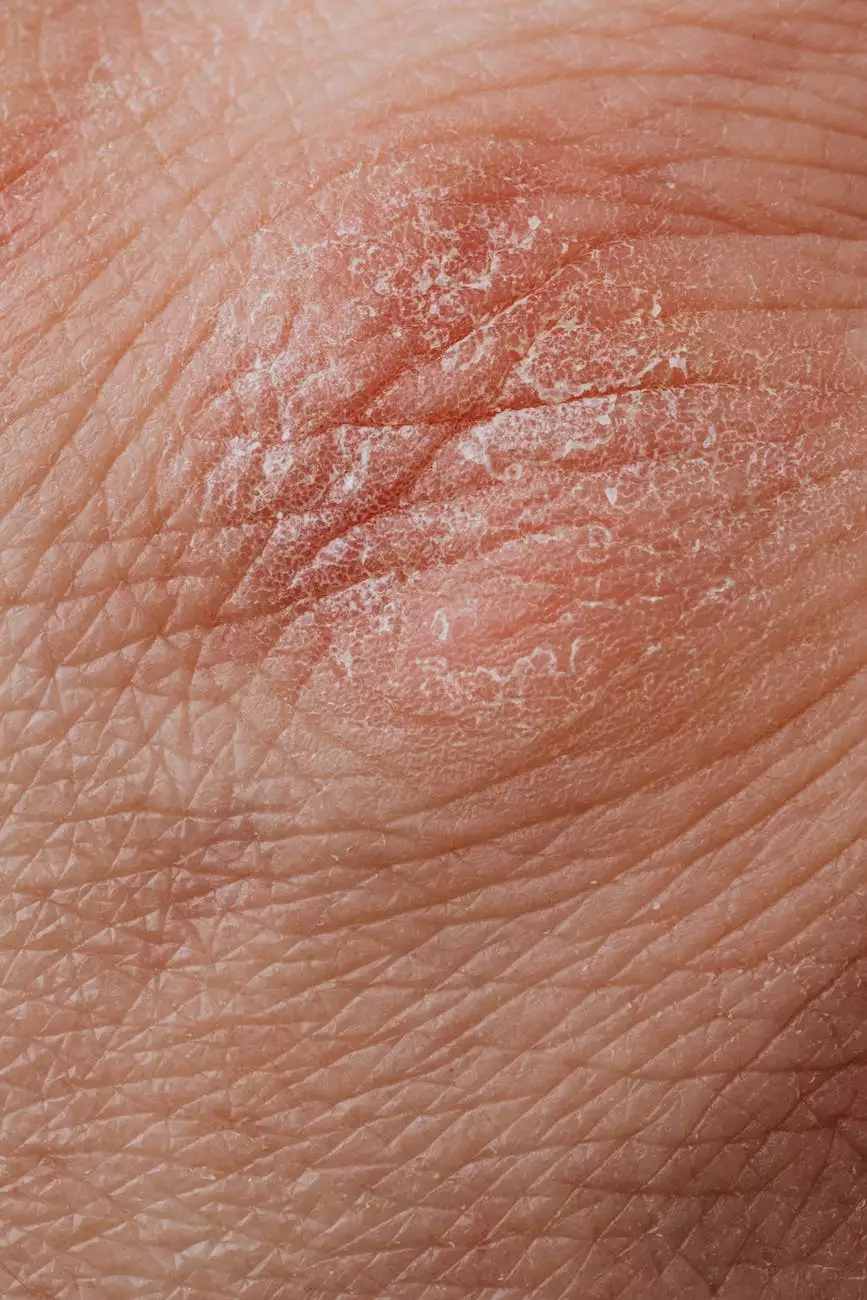When Should I See My Fairhope Dentist for Tooth Sensitivity?
Oral Health
Tooth sensitivity can be a bothersome condition that affects millions of people worldwide. If you're experiencing discomfort or pain when eating hot or cold foods, or even when brushing your teeth, it's important to understand the underlying causes and know when to seek professional dental care.
Understanding Tooth Sensitivity
Tooth sensitivity, also known as dentin hypersensitivity, occurs when the protective enamel layer of your teeth wears down or when the gum tissue recedes, exposing the sensitive dentin underneath. The exposed dentin contains microscopic channels called dentinal tubules that lead to the tooth's nerve center, causing sensitivity to hot, cold, sweet, or acidic substances.
The most common causes of tooth sensitivity include:
- Tooth decay: Cavities or dental caries can cause sensitivity if left untreated.
- Gum recession: Receding gums expose the delicate root surfaces, leading to sensitivity.
- Brushing too hard: Aggressive brushing can wear down the enamel and irritate the gums.
- Cracked teeth: Fractured teeth can result in sensitivity when biting or chewing.
- Dental procedures: Some dental treatments, such as teeth whitening or fillings, can cause temporary sensitivity.
When to See Your Dentist
While occasional tooth sensitivity may not require immediate dental attention, there are certain signs and symptoms that indicate it's time to schedule an appointment with your Fairhope dentist:
1. Persistent Discomfort
If you consistently experience tooth sensitivity that lasts for more than a couple of days, it's important to consult a dental professional. Prolonged discomfort could indicate an underlying dental issue that needs to be addressed.
2. Intense Pain
If you're experiencing sharp, sudden pain when eating or drinking hot, cold, or sugary foods, it's crucial to seek immediate dental care. Intense pain could be a sign of an abscess, infection, or an advanced stage of tooth decay.
3. Sensitivity Spreading or Worsening
If your tooth sensitivity is spreading to multiple teeth or progressively worsening, it's a clear indication that you should make an appointment with your dentist. This could be a sign of a more serious underlying dental condition that requires professional treatment.
4. Disrupted Daily Activities
If tooth sensitivity is affecting your daily life, such as making it difficult to enjoy your favorite foods or interfering with brushing and flossing, it's time to reach out to your local dentist. They can help identify the cause of your sensitivity and provide appropriate treatment options.
Dental Solutions for Tooth Sensitivity
Your Fairhope dentist will perform a thorough examination of your teeth and gums to determine the cause of your tooth sensitivity. Depending on their findings, they may recommend one or more of the following treatment options:
1. Desensitizing Toothpaste
Using specifically formulated desensitizing toothpaste can help block pain signals from reaching the tooth's nerve endings, providing relief from sensitivity over time.
2. Fluoride Treatment
Professional fluoride treatments can strengthen the enamel and reduce tooth sensitivity. Your dentist may apply fluoride varnish or prescribe fluoride mouthwash for home use.
3. Dental Bonding
Dental bonding involves applying a tooth-colored resin to the affected areas of the teeth to cover exposed dentin and protect against sensitivity.
4. Gum Grafting
If gum recession is the cause of your tooth sensitivity, your dentist may recommend gum grafting to restore gum tissue and cover exposed tooth roots.
5. Dental Restorations
In cases where tooth decay, cracks, or other dental issues are causing sensitivity, your dentist may suggest dental fillings, inlays, onlays, or dental crowns to restore and protect the affected teeth.
Preventing Tooth Sensitivity
While tooth sensitivity can be treated, prevention is always better than cure. Incorporate the following oral care practices into your daily routine to help prevent tooth sensitivity:
1. Use a Soft-Bristled Toothbrush
Brush your teeth gently with a soft-bristled toothbrush to avoid damaging the enamel and irritating the gums.
2. Practice Proper Oral Hygiene
Brush your teeth at least twice a day and floss daily to remove plaque and prevent tooth decay and gum disease.
3. Avoid Acidic and Sugary Foods
Limit your consumption of acidic foods and beverages, such as citrus fruits and soda, as they can erode the enamel and contribute to tooth sensitivity. Similarly, reduce your intake of sugary foods to prevent tooth decay.
4. Wear a Mouthguard
If you grind your teeth or participate in contact sports, wearing a mouthguard can protect your teeth from damage and sensitivity.
In conclusion, tooth sensitivity can significantly impact your daily life and dental health. If you're experiencing tooth sensitivity that persists, worsens, or hinders your daily activities, it's crucial to schedule an appointment with your Fairhope dentist. By seeking professional dental care and following preventative measures, you can manage tooth sensitivity effectively and enjoy a pain-free smile.










